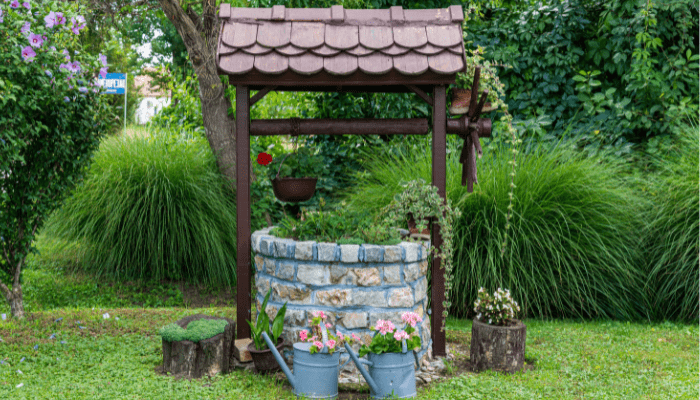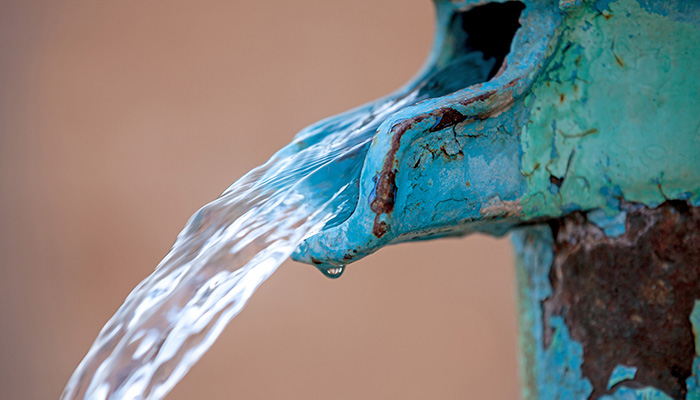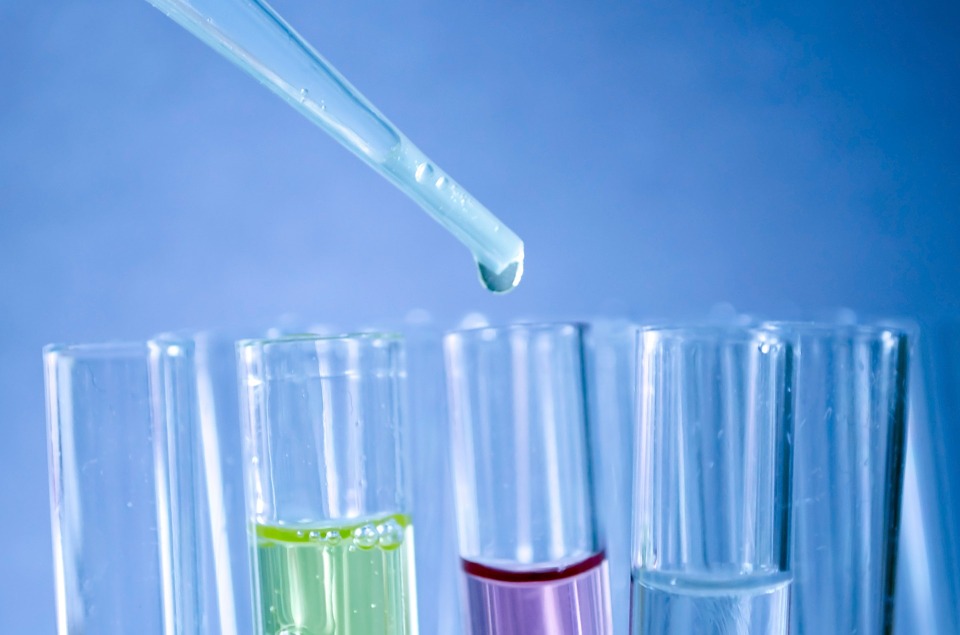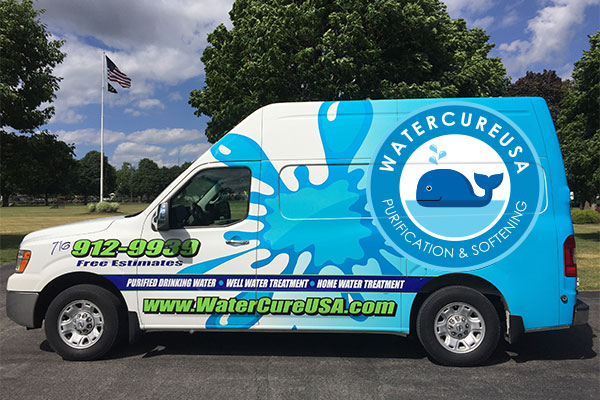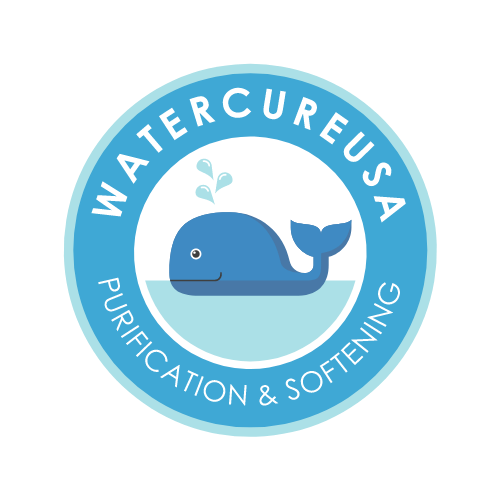What Happens to Well Water After a Storm?
When heavy rain or flooding hits, the ground around your well becomes saturated. As stormwater flows across fields, lawns, and driveways, it picks up everything in its path — including bacteria, pesticides, nitrates, and animal waste. If your well isn’t properly sealed or protected, these contaminants can seep into your water supply.
In Western NY, older wells and shallow well systems are especially vulnerable during storm season.
In this post, we’ll break down how storms affect well water, what warning signs to watch for, and what you can do to keep your water clean and safe after a downpour.
Common Contaminants Introduced by Stormwater
After a major rainfall, the following contaminants may find their way into your well water:
- Bacteria – E. coli and coliform bacteria are common after flooding.
- Nitrates – Often from fertilizers or animal waste, particularly in rural or agricultural areas.
- Iron & Sediment – Storm runoff can stir up naturally occurring minerals.
- Pesticides or Chemicals – From lawn treatments, nearby farms, or industrial sites.
- Sulfur Compounds – Can increase due to groundwater disruption.
Even if your water looks clear, these pollutants may be present at unsafe levels, making professional testing essential after any major weather event.
Warning Signs Your Water May Be Contaminated
Not all contamination is visible, but here are a few signs something’s wrong:
- Cloudy or discolored water
- Metallic, sulfuric, or earthy smells
- Sudden changes in taste
- Increased sediment or grit
- Stains reappearing on fixtures
- Unexplained stomach issues or illness after drinking tap water
If you notice any of these symptoms, stop using the water for drinking or cooking and schedule testing right away.
What You Can Do to Protect Your Well
1. Schedule a Free Water Test After Any Major Storm
A professional well water test is the fastest way to know if your water is still safe. At Watercure USA, we offer free well water testing for homeowners throughout Buffalo, Amherst, and Western NY.
2. Inspect Your Well Cap and Casing
Make sure your well cap is securely sealed and sits at least 12 inches above ground level. Cracks, rust, or damage should be addressed immediately.
3. Consider Installing a Filtration System
If your well is prone to contamination, a whole-home filtration system can add a critical layer of protection, especially for bacteria, iron, and sulfur.
4. Keep Contaminants Away
Avoid storing chemicals, animal waste, or fertilizer near your well head. These can easily get washed into your water supply during heavy rain.
Don’t Wait Until It’s Too Late — Test Your Water After the Storm
Storms can pass quickly, but their impact on your water can last much longer. If you’re unsure about your water quality after recent weather, don’t take the risk.
Watercure USA provides fast, accurate, and free water testing for well owners across Western NY. We’ll help you understand what’s in your water and guide you toward the right solution — whether it’s filtration, softening, or simple peace of mind.
Call 716-946-3598 or request your free test online to schedule your appointment today.
